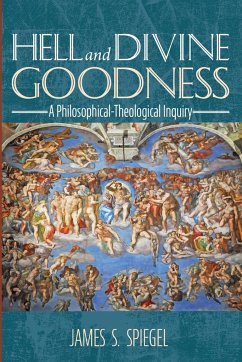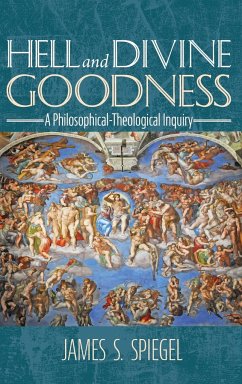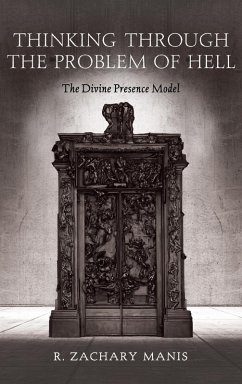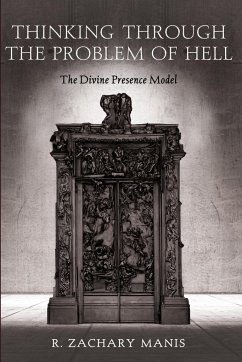Within the Christian theological tradition there has always been a variety of perspectives on hell, usually distinguished according to their views about the duration of hell's torments for the damned. Traditionalists maintain that the suffering of the damned is everlasting. Universalists claim that eventually every person is redeemed and arrives in heaven. And conditional immortalists, also known as ""conditionalists"" or ""annihilationists,"" reject both the concept of eternal torment as well as universal salvation, instead claiming that after a finite period of suffering the damned are annihilated. Conditionalism has enjoyed somewhat of a revival in scholarly circles in recent years, buoyed by the influential biblical defense of the view by Edward Fudge. However, there has yet to appear a book-length philosophical defense of conditionalism . . . until now. In Hell and Divine Goodness, James Spiegel assesses the three major alternative theories of hell, arriving at the conclusion that the conditionalist view is, all things considered, the most defensible position on the issue.
Hinweis: Dieser Artikel kann nur an eine deutsche Lieferadresse ausgeliefert werden.
Hinweis: Dieser Artikel kann nur an eine deutsche Lieferadresse ausgeliefert werden.








